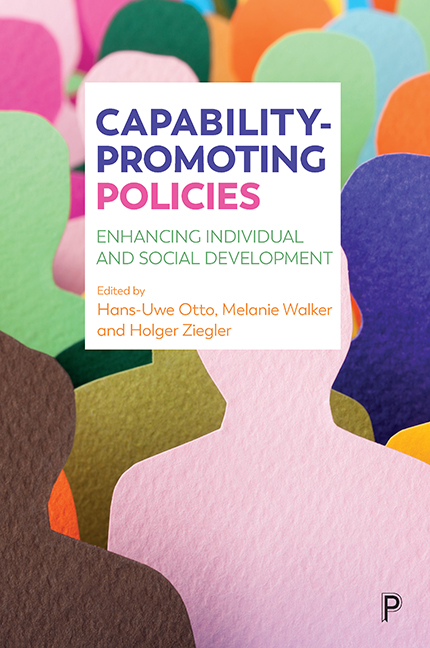Nine - Informal workers and human development in South Africa
Published online by Cambridge University Press: 12 April 2022
Summary
In recent years, scholars and human rights agencies have been emphasising the importance of seeing civil and political rights and economic and social rights as closely related and in fact integrated (Carpenter, 2009; UN, 2011). In South Africa, it is clear that the achievement of political rights has not been sufficient to bring about either comprehensive human development or redress in terms of social and economic inequality.
The anti-apartheid revolutionary and former South African president Nelson Mandela had the following to say on an integrated view of different human rights:
Today, when we talk of human rights we understand that this discussion should not be limited to the traditional civil and political rights. The international world has gradually come to realise the critical importance of social and economic rights in building true democracies which meet all the basic needs of all people…. In this and in other ways, our Constitution demonstrates the growing globalisation of the struggle for human rights. (Cited in Fukuda-Parr et al, 2015, p 1)
South Africa is therefore a useful context for a case study on how the capability approach could be used to contribute to the complex goal of integrated rights. Why the capability approach? Because it focuses on arguably the most important variable in policy development: the creation of real opportunities for universal wellbeing, with options for individual choices.
This chapter initiates the discussion by asking how the human development approach and the capability approach can be used to inform policy formulation. This is followed by a short background study of poverty and problems in current South Africa. Poverty is connected to the fact that high numbers of South Africans are unemployed, and find themselves in a poverty trap. They are particularly subject to social and economic insecurity, and one way of addressing this might be the provision of innovative forms of social security for informal workers. This chapter therefore reviews such a proposal, based on a transformative model of social protection (Devereux and Sabates-Wheeler, 2004) and on the human development approach and the capability approach, and critically discusses its implications.
The human development approach, the capability approach and social policy formulation
This section explores the nature of the two approaches and the ways in which they can be used for policy formulation.
- Type
- Chapter
- Information
- Capability-Promoting PoliciesEnhancing Individual and Social Development, pp. 161 - 180Publisher: Bristol University PressPrint publication year: 2017

